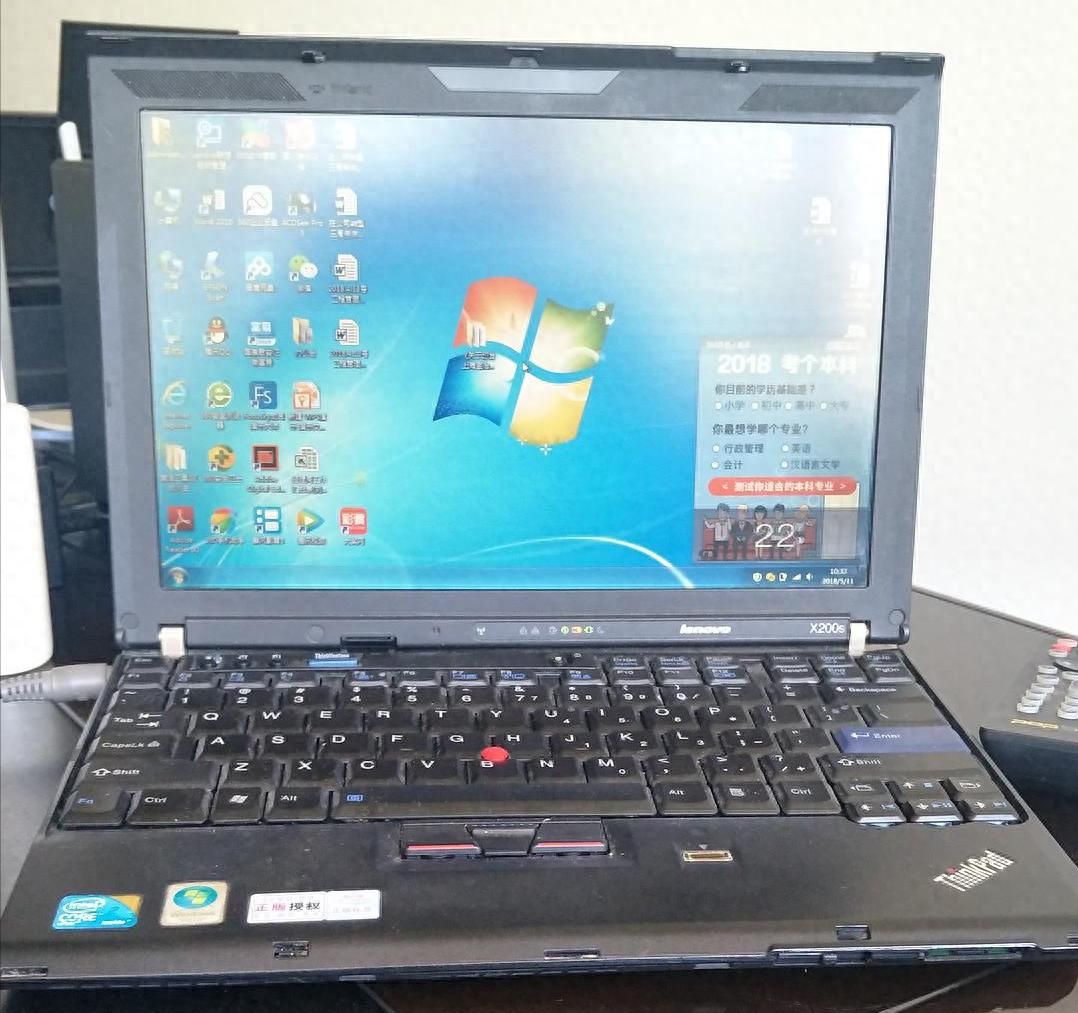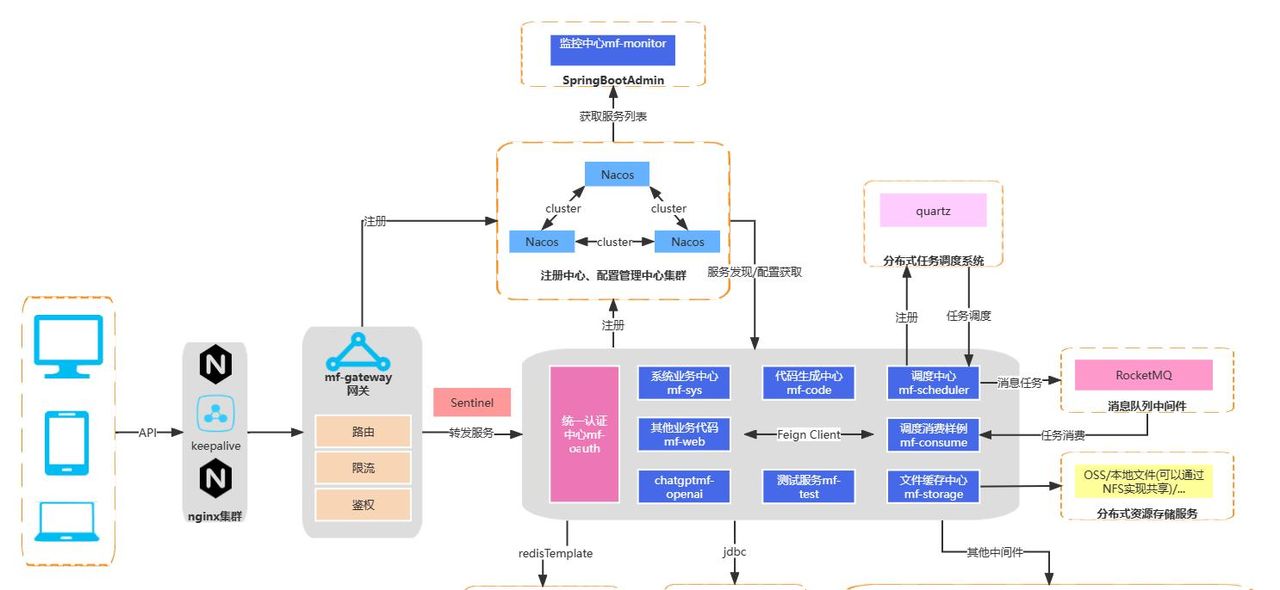学英语,肯定有这样的疑惑:阅读、听力中表明 “发现”,一会儿用 find,一会儿用 find out,这两者到底有啥区别?改天又碰到了一个短语 figure out,表明 “弄清楚”,这不是和 “发现” 是一个意思吗?回头又一琢磨:那还剩下一个 figure,也能表明上述类似的意思吗?
这 4 个高频词(组)看似同义,实则错用一次就暴露英语短板!今天用黄金圈法则(What-Why-How)拆解,让你看完就能精准套用,再也不踩坑~

一、What:4 个词(组)的核心定位,一句话分清
- find:“随手捡到 / 偶然发现”,对象可具体可抽象,动作最随意。
- find out:“主动查明 / 挖真相”,针对隐藏、未知的信息,需刻意调查。
- figure out:“动脑破解 / 搞懂”,侧重思考分析,搞定难题或难懂的事。
- figure:主要表明 “料想 / 计算”;“弄清楚” 义项极少见,口语中多表猜测或算数。
简单说:find 靠 “碰”,find out 靠 “查”,figure out 靠 “想”,figure 靠 “猜 / 算”。
二、Why:为啥不能混?3 个致命坑别踩
- 沟通误解:用 find out(查真相)取代 figure out(解难题),老外会以为你要去调查而非思考。
- 写作扣分:考试中把 “找到具体事物(列如:钥匙)” 用 find out 搭配,属于典型搭配错误,直接拉低分数。
- 显得不专业:口语中乱用 figure 表 “弄清楚”,native speaker 会觉得你表达不地道,不如直接用 figure out。
这 4 个词的使用场景泾渭分明,找对核心逻辑,就能避免 90% 的错误!
三、How:爆款用法指南,场景化套用不踩雷
1. find:日常 “随手捡 / 偶然遇”,百搭不出错
- 搭配:+ 具体事物(钥匙、咖啡馆、朋友)/ 抽象状态(快乐、答案)
- 例句:I found a great park on my way home.(偶然发现具体场所);She found happiness in simple things.(找到抽象感受)
- 避坑:不接 “需要调查 / 思考的信息”,列如不说 “I found why he lied”(该用 find out)。
2. find out:“深挖真相”,针对未知信息
- 搭配:+ 实际、缘由、消息、秘密等抽象信息
- 例句:I need to find out the deadline for the application.(查明截止日期);They found out the truth after a month of investigation.(查清真相)
- 避坑:不接具体事物,不能说 “find out a pen”(该用 find)。
3. figure out:“烧脑破解”,搞定复杂问题
- 搭配:+ 难题、用法、意图、含义等需要推理的内容
- 例句:It took me 10 minutes to figure out how to use the new app.(弄懂用法);Can you figure out what he’s trying to say?(理清意图)
- 避坑:不用于 “偶然发现”,列如不说 “I figured out a mistake in the report”(偶然发现用 find)。
4. figure:“猜 / 算” 为主,少用 “弄清楚”
- 搭配:+ that 从句(料想)/ 数字、成本(计算)
- 例句:I figure we can arrive before 6 pm.(料想);He figured the total cost of the trip in 5 minutes.(计算)
- 避坑:表 “弄清楚” 时仅用于美式口语,且不如 figure out 常用,尽量少用。
实战小测试:你能选对吗?(必要时,请变形)
- I need to ______ who stole my notebook.(find/find out/figure out)
- She ______ the solution to the problem after thinking for hours.(find/find out/figure out)
- I ______ my old phone under the bed when cleaning.(find/find out/figure out)
答案:1.find out 2.figured out 3.found,评论区告知我你对了几道~
© 版权声明
文章版权归作者所有,未经允许请勿转载。如内容涉嫌侵权,请在本页底部进入<联系我们>进行举报投诉!
THE END




















暂无评论内容